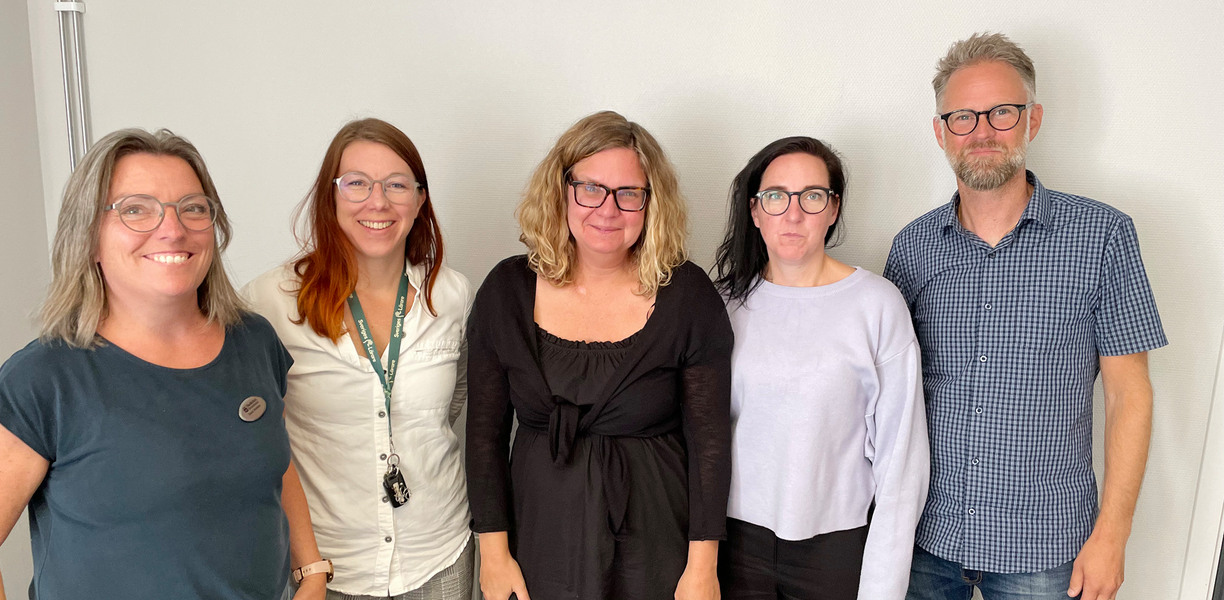
Swedish as a second language in upper secondary school: organization and development
Research and proven experience should provide a deeper understanding of the different forms of courses in Swedish as a second language.
This ULF project is a collaboration between Skellefteå municipality and Luleå University of Technology. The project leader is Anders Westerberg, active in Skellefteå and PhD student at Umeå University. He leads the work together with research leader Stina Thunberg, PhD student (LTU). The other participants from Skellefteå are principals, management support from the Competence Center for Multilingualism and Swedish as a second language teachers.
The project is based on the current situation in Skellefteå municipality. At the upper secondary school, there are currently two forms for the courses in Swedish as a second language, SVA - teaching in individual groups, or teaching together with those who study the courses in Swedish, SVE. Based on this, a need has been identified to use research and proven experience that can provide a deeper understanding of the different organizational solutions - in a Swedish as a second language perspective. What are the benefits of the different solutions? Is anything lost? If so, what? A related question is also who should study Swedish as a second language, which is indeed optional in upper secondary school, but which is governed by the organization's basic view and advice on this issue.
The project is based on this current situation and the questions aim to exploratively study research and proven experience to gain more knowledge and understanding of the issues. The project also strives to give principals a readiness to act on the issues.
The implementation involves principals and a person from the Competence Center for Multilingualism participating in a research circle. In parallel, at least 10 teachers of Swedish as a second language are interviewed. These two procedures are intended to combine a research perspective with proven experience in order to deepen knowledge about the issues of SVA in individual groups or together with SVE and who should study SVA. The research circle will conclude with a workshop for teachers and head teachers in order to lead deeper understanding and readiness to act on the issues.
The results will be disseminated regionally and nationally through participation in conferences and training days. Ultimately, a scientific article based on the teacher interviews is also planned.
Updated:
